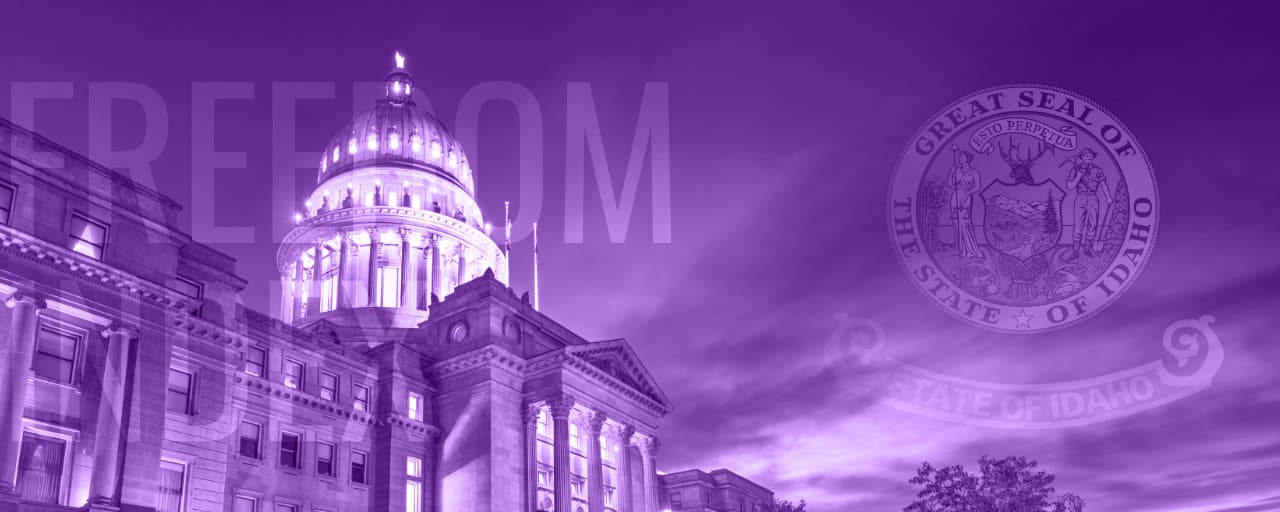


The Idaho Spending Index serves to provide a fiscally conservative perspective on state budgeting while providing an unbiased measurement of how Idaho lawmakers apply these values to their voting behavior on appropriations bills. Each bill is analyzed within the context of the metrics below. They receive one (+1) point for each metric that is satisfied by freedom-focused policymaking and lose one (-1) point for each instance in which the inverse is true. The sum of these points composes the score for the bill.
Bill Description: Senate Bill 1113 provides a supplemental appropriation that makes a net-zero transfer of $5,100,000 in combined federal funds appropriations to those from the general fund for the Idaho Department of Health and Welfare, Division of Psychiatric Hospitalization for fiscal year 2023.
Rating: +1
Does this budget contain hidden fund transfers or supplemental expenditures that work to enact new policy or are not valid emergency expenditures? Conversely, are fund transfers only made to stabilization funds or are supplemental requests only made in the interest of resolving valid fiscal emergencies?
Senate Bill 1113 makes net-zero fund transfers from federal fund appropriations to general fund appropriations for State Hospital North, State Hospital West, and State Hospital South. State Hospitals North and West will receive transfers of $1,700,000 and $1,800,000, respectively. This is due to delays in their accreditation as Institutes of Mental Disease (IMD) by the Center for Medicare and Medicaid Services, preventing them from being able to bill Medicaid for their services.
State Hospital South experienced a shortfall in revenue due to conflicts with federal rules. Medicaid will not fund stays in IMDs that last longer than 60 days. However, State Hospital South has been experiencing longer stays for patients due to a lack of alternative housing for these patients, another Medicaid requirement that they ensure before discharge. To cover this shortfall in federal compensation, they will receive a reduction in $1,600,000 in federal funds and a corresponding increase of $1,300,000 in general funds and $300,000 in dedicated funds.
All of these supplementals constitute valid fiscal emergencies and are an appropriate use of the budget process.
(+1)


